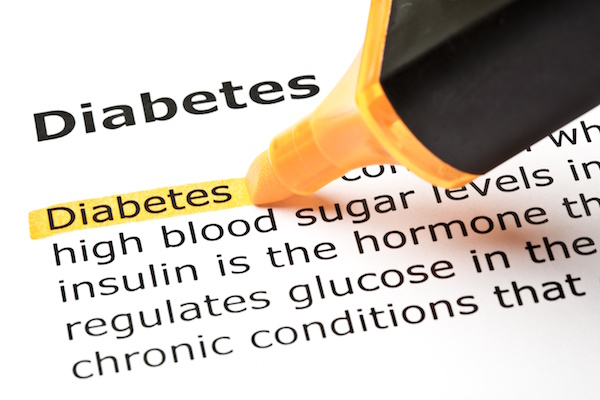
THURSDAY, Aug. 30 (HealthDay News) — Any amount of measurable protein in the urine — even if it is within the normal range — may increase the risk of heart problems in people with type 2 diabetes, according to a new study.
The findings, published online Aug. 30 in the Journal of the American Society of Nephrology, could help identify patients who should be treated with heart protective drugs, the researchers said.
Some diabetes patients have kidney problems that lead to increased amounts of the protein albumin in their urine, a condition called albuminuria. These patients have a considerably higher risk of heart problems — such as heart attack, stroke and heart failure — than diabetes patients or people in the general population with normal urinary albumin levels.
At least 90 percent of diabetes patients have normal urinary albumin levels, but a group of Italian researchers wanted to find out if even they might be at increased risk for heart problems.
The team examined the relationship between albumin levels and heart problems in more than 1,200 type 2 diabetes patients who were followed for an average of about nine years. They found that any amount of measurable albumin excretion in the urine was associated with significant heart risks.
As the level of albumin excreted in urine rose, so too did the patient’s risk for heart problems. Even slight elevations in excreted albumin were linked to raised odds for heart trouble, the researchers found.
However, although an association was noted between albuminuria and heart troubles, the study did not prove cause and effect.
The researchers also looked at a subgroup of patients who took high blood pressure drugs called ACE inhibitors from the start of the study and throughout the follow-up period. There was no link between albumin excretion levels and heart risks in this group.
This suggests that ACE inhibitors may help protect the hearts of both diabetes patients with albuminuria and those with normal albumin levels, Dr. Giuseppe Remuzzi, of the Mario Negri Institute for Pharmacological Research in Bergamo, and colleagues said in a news release from the American Society of Nephrology.
Further research is needed to determine the levels of albumin excretion that warrant treatment with heart-protective drugs, the study authors said.
More information
The U.S. National Institute of Diabetes and Digestive and Kidney Diseases has more about diabetes, heart disease and stroke.

